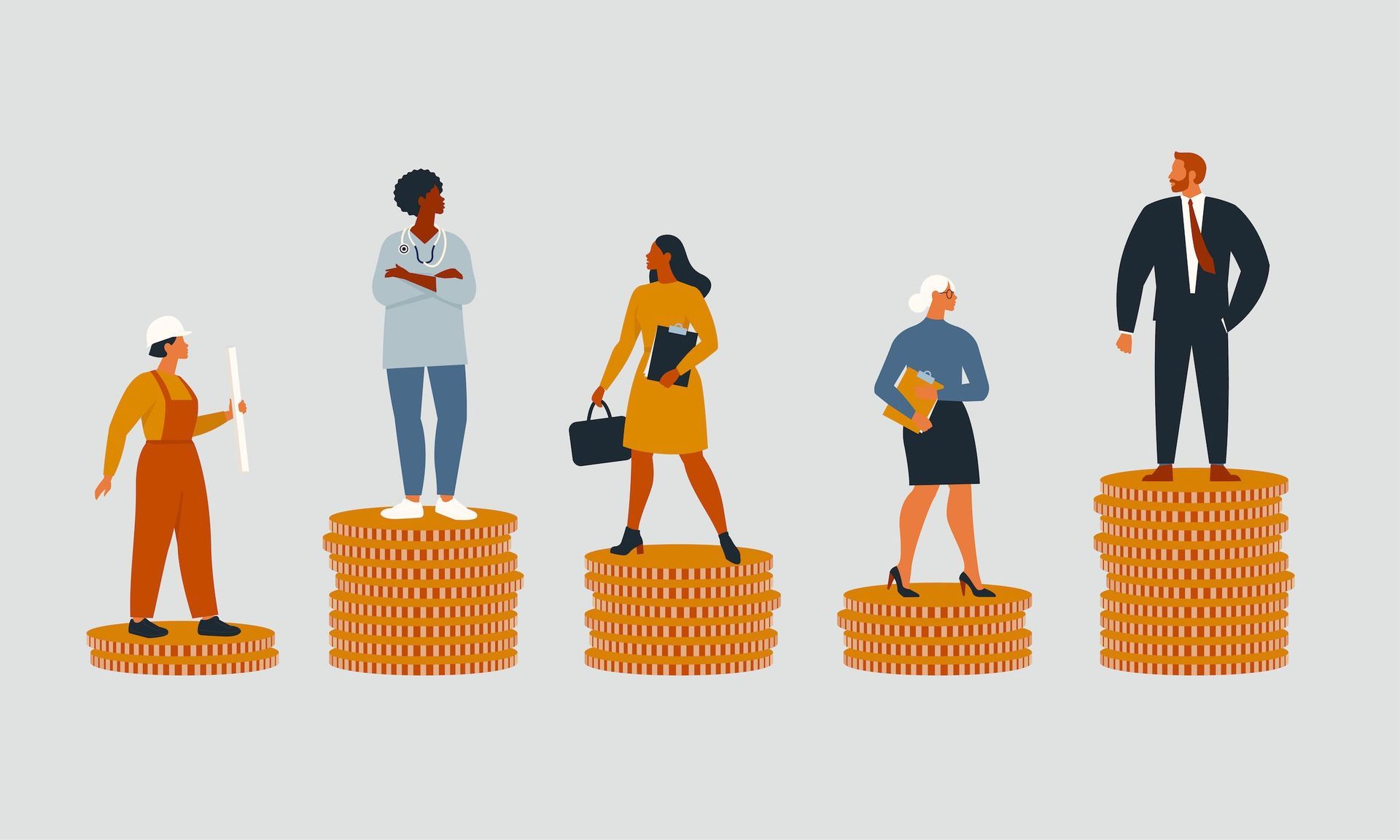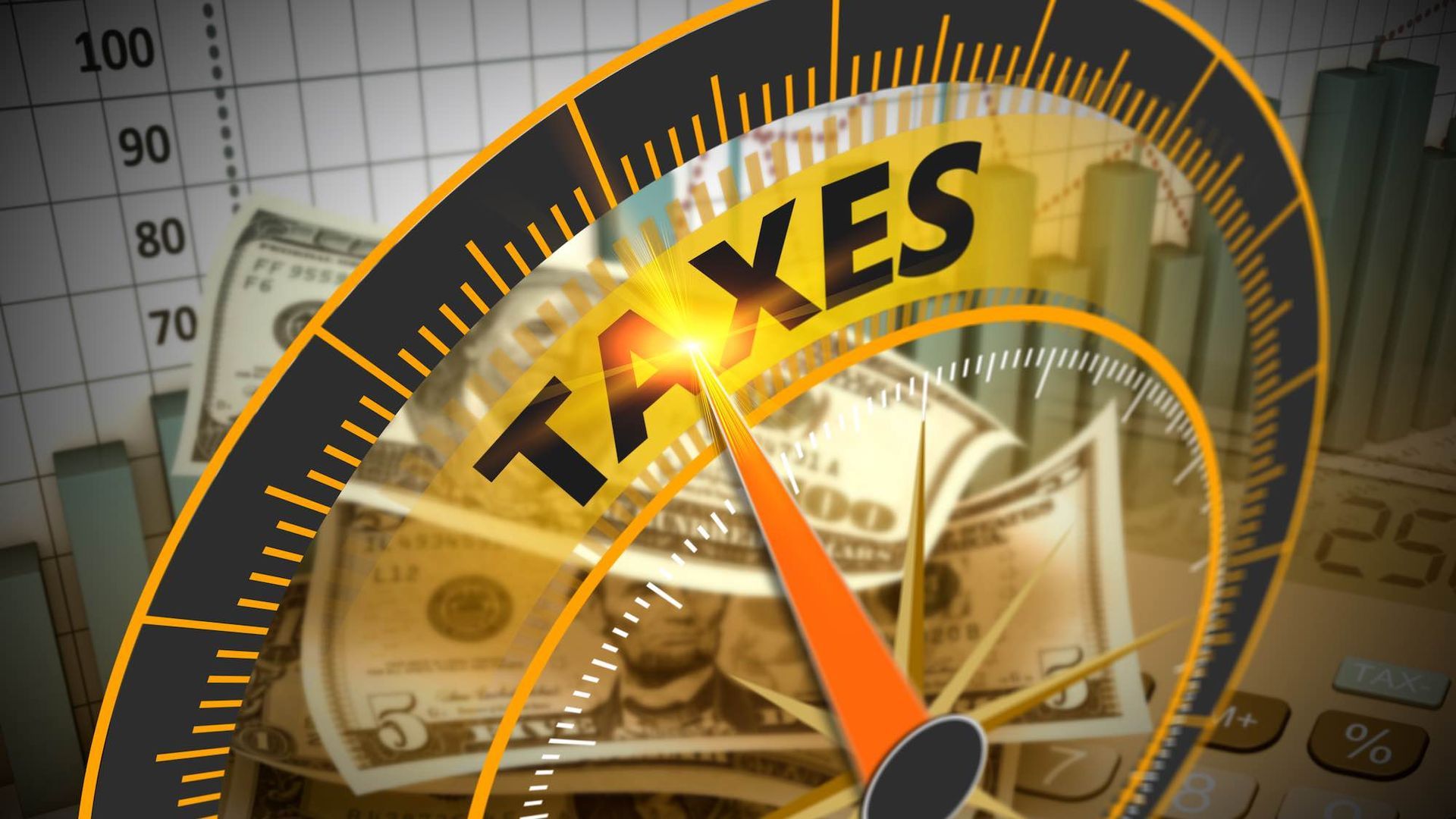Welcome to the Universal Basic Income category
There is a growing list of municipalities that are experimenting or even committing to a basic level of income for its citizens.
In fact, there is an organization of U.S. Mayors who have committed to the concept (https://www.mayorsforagi.org).
The underlying principle is that individuals should be guaranteed an income floor.
Check back for more detail surrounding these efforts.

What you told us about Wealth and Income Disparity The Center for Study and Advocacy to Reduce Wealth and Income Inequality, d/b/a Wealth Income Equity (WIE) recently conducted a number of surveys to assess attitudes regarding wealth and income inequality and potential remedies. Thank you to those who participated. The survey was designed by a WIE survey team and piloted among subscribers. The pilot provided valuable input for the public survey. The public survey conducted by California Survey Research Services and distributed nationwide yielded over 400 responses. A follow up survey among subscribers was also completed. The pilot and subscriber surveys yielded 60 respondents. In addition to attitudinal responses, data was collected on age, race, U.S. State and income; gender was not included. We believe the results are indicative of a significant cross section of the U.S. public. However, the survey responses cannot claim that it is a bona fide representation of all Americans given that those lacking internet access, adequate reading comprehension, an income less than $50,000 annual, those under the age 21 or individuals having a primary language other than English or Spanish were effectively not included in the survey. Results Most questions were posed on a Likert scale from strongly agree to strongly disagree. Some questions required a rank ordering of priorities. For analysis purposes strongly agree and agree were collapsed as was strongly disagree and disagree. When asked whether respondents believed that wealth and income disparity was a problem, whether greater efforts to reduce wealth and income disparity were required and whether everyone has some responsibility to engage in efforts to reduce wealth and income disparity; approximately two thirds agreed or strongly agreed. As to whether levying taxes on the very wealthy would make a difference and whether there is political will to do so; about one-half agreed or strongly agreed.

“The Economy is doing well, why aren’t people feeling it?” The trend line for wealth and income inequality is well documented. As the cliché goes, “the rich have gotten richer while the poor have gotten poorer.” This trend was given significant impetus in the 1980s under the Reagan administration and has continued to diverge since.

Governmental policy, racial advantage, educational opportunities, and technology are but some of the inputs that enabled a massive accumulation of wealth by primarily the baby boomer generation. Upward of $50 trillion will be transferred from one generation to the next over the next twenty years. Read more

Labor and Collective Efforts The overwhelming majority of the global population are in engaged in some form of labor. Labor is also defined as work, a job, a profession, or a career. These descriptors often stratify us along socio-economic lines. Serving a wide variety of functions, work provides meaning and purpose which can often indicates identity and status. Caregiving or parental work are also functions which usually entails uncompensated care and nurturance; a degree of intimacy not associated with most work. Work is social. If we spend a third of our lives on the job then we are engaging with co-workers often for more time than we spend with family and other intimates. Work is tedious, burdensome, repetitive, imprisoning, demanding, backbreaking, stressful, necessary, demeaning but also satisfying. But ultimately work is survival. Whatever the compensation, it pays at least some of the bills; a necessary vehicle to the acquisition of a wide array of consumer needs and goods. And for those higher up the socio-economic ladder it is a vehicle for more and better-quality goods. It is a means to an end. Many use their job as a stepping-stone to for other opportunities. A professional career pathway and trajectory is preserved for a minority of the population. And for some individuals, work is often power. Certain jobs and its compensation can buy influence which may be used to effect dynamics in the social, economic, and political spheres.

This section is not an advocacy effort but rather a forum for continued examination of the subtle and not so subtle political, cultural, and social dynamics surrounding wealth and income inequality. Changing social attitudes and norms contribute to institutional and systemic justification for economic stratification. Read more

The disparity in wealth and income has been well documented in popular and academic press. In spite of this documentation and attention, movement to reverse the trend has not gained significant traction. In fact, wealth and income disparity continues to grow each year under both democratic and republican administrations.

The right to healthcare continues to challenge the wealthiest nation in history. There is clear correlation between income and wealth and health status. Individuals on the lower end of SES have more health problems and shorter life spans than their wealthier peers. Health care in the U.S. is for profit and unpaid medical bills account for more than half of all debt in collections. Read more


